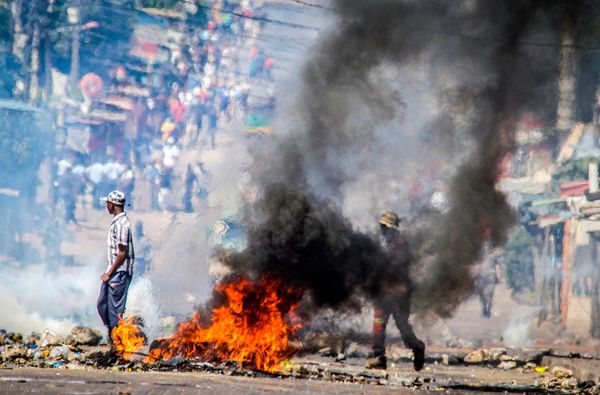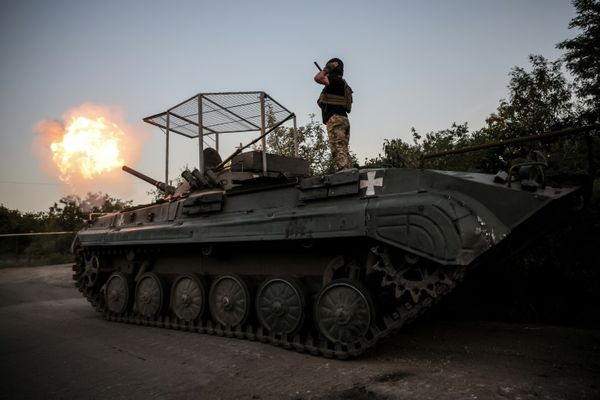
Red Bull F1 team boss Christian Horner recently likened correlation issues between his team’s wind tunnel, CFD data and real RB20 car to having three watches that all tell different times.
Key to making progress on track was finding out which device was the most accurate, and then trusting that to help deliver gains.
In real-life terms, Red Bull’s conclusion was that its wind tunnel data had been out from what was needed – which had opened up the wrong direction taken with its Imola floor.
But while the team may not yet be in a position to return to the dominant form it started the 2024 campaign with, there are at least first signs of some progress being made in getting its data all lined up.
And, with the cocktail of different floor parts it brought for its Baku specification having shown some encouraging pace in Sergio Perez’s hands, there is a feeling that the squad can start to make the push forward it needs to lock horns on more equal terms with McLaren and Ferrari.
Reflecting on where things were at with the team now ahead of the Singapore GP, Horner told Motorsport.com: “The watches are starting to synchronise a bit better, which does tend to happen when things start to behave themselves.

“The guys and girls here [at Red Bull] are doing an incredible job. They're working incredible hours, and nobody's giving up on anything - particularly in the constructors' championship.
“We were unlucky not to come out of Baku with more than it gave us, but there's still a lot of racing to do. We're acutely aware of the performance of our rivals and everybody's pushing.”
While Max Verstappen had a more difficult time in Azerbaijan than his team-mate, this was put down to a wrong set-up direction that was taken into qualifying – and then could not be rolled back on because of parc ferme restrictions.
But it is Perez’s pace that has left Horner feeling that there is potential for a step back to the front for Red Bull after a pretty challenging period.
“We'll take a bit of confidence out of Checo's performance in Azerbaijan because he followed within 1.5 seconds, for 98% of the race, of the first three,” he said. “There's obviously lessons out of it.
“There's some changes that we made on Max's car following P3 that I think, with complete hindsight, if we could go back and change them, we would have done.
“But going to Singapore, we are encouraged by what we saw in Azerbaijan from Checo's performance, and what we're starting to see correlate between track and some of our thoughts.”

While the focus of Red Bull’s recent performance struggle revolved around balance issues from the Imola floor, Horner does not think it is the only team going through such difficulties.
With all squads chasing ever-diminishing returns in adding car performance, plus walking a tightrope when it comes to extra downforce not triggering bouncing, Horner sees what his team has faced as similar to what others have endured.
“All teams have had issues at various points of time,” he said. “I think as these regulations really now are into very, very diminishing returns, you're pushing the envelope very hard.
“All teams – and you've seen it with Ferrari and Mercedes in particular – have had parts going on and off the cars. I think all teams are hitting that ceiling.
“A good thing for the fan is that you've got close, competitive racing. For us, we've had some issues with the car over the last few races, but I think we really have started to understand and get on top of it now.”
Perez damage

One other bit of good news from last weekend’s Baku race is that the major components from Perez’s damaged car were not written off in the accident.
“Thankfully, the main structural parts of the car appear to have remained reasonably intact,” explained Horner.
And while there is no concern about Perez needing to go back to an older specification of car for this weekend, the accident has put more stress on Red Bull’s spare parts situation at this critical stage of the season – which means there could be consequences if there are repeat incidents.
Horner added: “I don't think it'll impact on car spec, but it certainly impacts on our spares' quantities. In a cost-cap-dominated formula now, you cannot afford to carry copious amounts of parts.”







